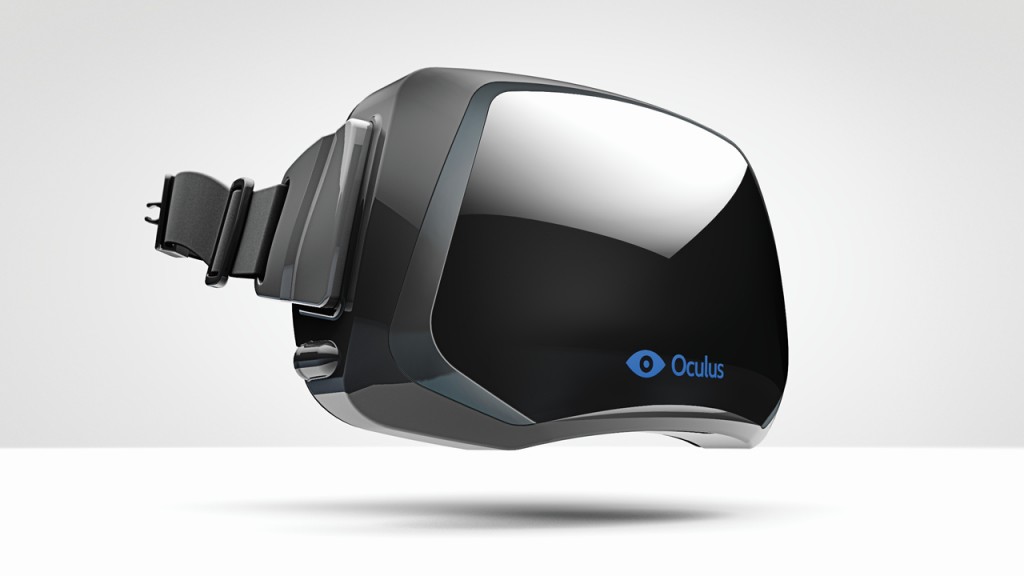So, I’m Ranking #1 in Google – I can leave my SEO alone, right?
Not too sure how many people already understand this, but I figured that I would address it anyway.
Search engine optimization is not a “set it and forget it” sort of thing – it requires constant monitoring, updating, etc. in order for it to continue working on a longterm basis.
So, let’s pretend that you’ve managed, after months of hard work, to achieve #1 rankings for 5 solid search queries (and possibly many more). You’ve begun to see the fruits of your labor, having received phone calls for business, or whatever ROI would entail for you. So, you’re first thought, “Finally, I can let my website work on its own!”
Here are a couple of reasons that sort of thinking is flawed.
Rankings Are not Fixed
A lot of people get into their head that Google assigns each website a number and that’s where you will show up in a search. But, it’s far more complex than that, and for good reason. To some extent, your site gets a number assigned – but that number is in association to a lot of other variables, including specific terminology on your site, functionality thereof, user experience, user interface, positive inbound links, etc.
To make a comparison, people tend to equate search engine rankings to something like “Top 10 Most Famous Pirates in World History.” Depending on the deciding panel, this list is pretty much fixed, as there were only so many famous pirates throughout history and once compiled, the list is pretty much done with.
In contrast, Google rankings tend to resemble lists like Forbes Top 100, which is constantly changing. That being said, any given Google search will depend on far more factors than the Forbes list. Imagine if Forbes took into account not only net worth, but public image, age, their cars’ top speeds, number of yachts owned, amount of mentions in pop culture and facial symmetry. Needless to say… the list would look a bit different.
Therefore, when someone says to me, “I’m ranking #1,” I think… “For what query?” People tend to lack a holistic view of search queries. “Oh, I’m ranking #1 for juice bar in Buffalo.” Well, that’s cool pal, but what about the plethora of other terms associated with your site? Have you cleared your browser data? Do people even search for juice bar in Buffalo?
More importantly… what are the other juice bars in WNY doing with their sites?
You Have Competitors
Yes… you have competitors. For the juice bar example… what about the smoothie shop across town? What about the hundreds of normal bars that capitalize on the word “bar” as much as possible. Google robots are sophisticated, but that doesn’t mean that they can’t confuse “juice bar” and every other sort of bar in your area.
So, you say “I’ve already surpassed all of my competitors.” Well… what if they work harder than you now? They get a better website, donate to charities to get solid inbound links, update their blog with cool info on fun events, and so on… Then you get knocked down to two… three… ten… 50….
Besides that, what if your competitors focus on more queries than you do? Juice bar in Buffalo is cool and all, but what about elmwood juice bar, fun lunch spots in Buffalo, downtown refreshment, and more. These terms could get fewer searches on a monthly basis, but together they can add up to quite a lot.
Google Updates Algorithms
Our favorite search engine (along with the others) love to make changes. And this is a good thing for their consumers. You have to remember, people use Google for a reason, they want to find specific information on the internet. If Google returns sites that don’t actually answer the user’s query, then Google’s product fails. Since the internet, technology, language and everything else constantly change, update and metamorphose, Google has to adapt code / algorithms that continue to return the best results for the user amidst these changes.
Therefore, we need to track Google changes (especially the big ones) and adapt our SEO methods to these. We also have to think ahead of Google, in some cases. Sometimes Google doesn’t account for big web design trends right away, so we need to plan for Google to catch on and optimize specific layouts accordingly.
Technology Changes
Talking of which… technology, as you know, constantly evolves. Web design moves toward more intuitive layouts, mobile devices create more inventive ways of displaying web content and new inventions get developed for presenting the internet as a whole (Oculus Rift, Google Glass and the like). So, you can be pretty certain that if you leave your SEO, it’ll fail in the face of the growing tech market.
—–
All of these points being the case, I highly encourage business owners to continue with SEO through blogging, social media syndication, tweaking meta tags, and updating webpages on both small and large scales.



